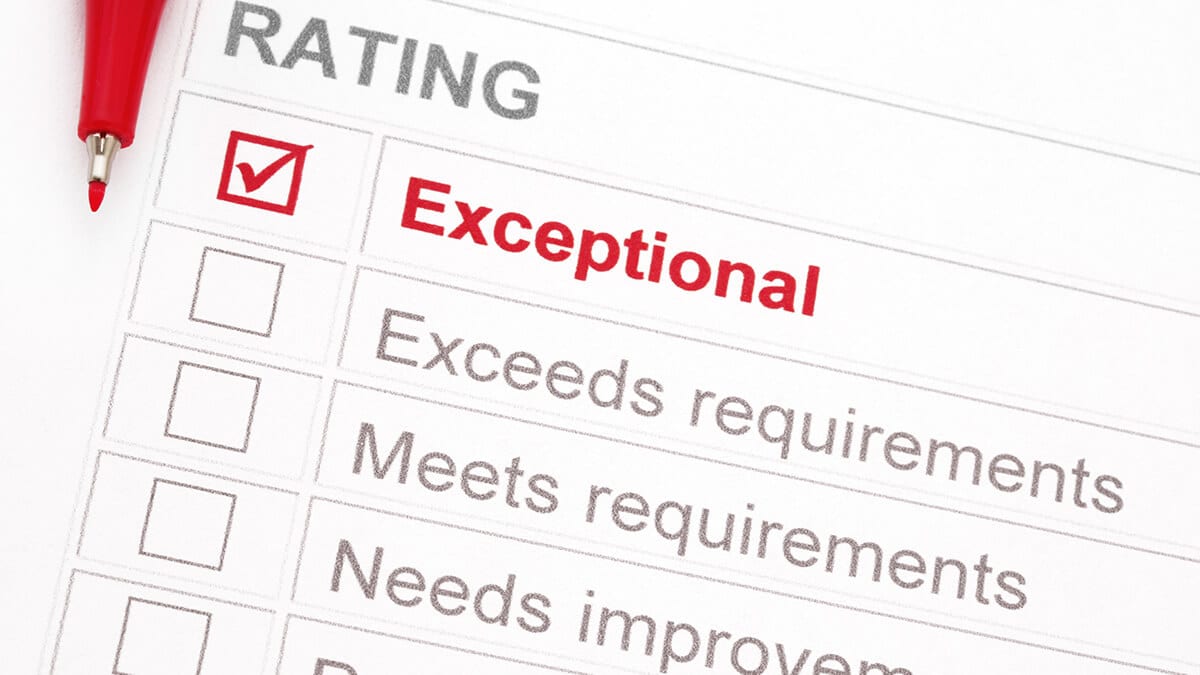In this guide
Employers are required to make Superannuation Guarantee (SG) contributions for their eligible employees into a complying super fund or retirement savings account (RSA) at least four times a year.
But what if your employee doesn’t have a super fund or doesn’t want to choose their own fund?
For new employees starting work on or after 1 November 2021, you need to check with the ATO to find out if the employee has a stapled fund. If they do, you must contribute to that fund. For longer-standing employees or those who do not have a stapled fund selecting a fund becomes your job, but you need to know the rules.
Default funds: What are they?
These days most employees can choose their own super fund, but you must select an employer-nominated super fund – also known as a default fund – for the contributions of employees who are either not eligible to choose or don’t choose a fund and don’t have a stapled fund.
The default fund you select must be a complying super fund that meets the various regulatory requirements and obligations for default funds. It must also be registered by the Australian Prudential Regulation Authority (APRA) to offer a MySuper product.
Which super funds are acceptable as default funds?
1. Complying funds
When making super contributions on behalf of your employees, you must pay them into a complying super fund or retirement savings account (which is a special type of account offered by some banks and building societies for retirement savings).
A super fund is considered complying if it’s an Australian super fund at all times during the income year and it complies with the conditions specified in the Superannuation Industry (Supervision) Act 1993 (SIS Act) and SIS Regulations. The fund must not have been issued with a Notice of non-compliance by the regulator.
Complying super funds qualify for a concessional tax rate of 15%, while non-complying super funds face a tax rate of 47%.
2. MySuper products
MySuper products are offered by large super funds and have simple features so they can be easily compared. They normally contain a single investment option, standard insurance cover and lower fees. They must meet set performance requirements to remain MySuper funds.
How do I know if a fund is complying?
You can check the default fund you select meets these requirements using the register of complying super funds on APRA’s Register of Superannuation Institutions.
You can also check with the super fund’s trustee that it is a complying fund. When it confirms its complying status, the fund must indicate it intends to accept your super contributions and will continue to meet the relevant legal requirements.
To do this, most super funds will provide a notice or letter of compliance stating the fund is a complying, resident and regulated super fund within the meaning of the SIS Act. Compliance letters usually note the fund is a registrable superannuation entity and is eligible to be nominated as a default fund as it meets the minimum statutory insurance cover requirements.
How to choose a default fund
Selecting a default fund for your employees is an important decision for both your business and your employees. Your choice will have a big impact on the retirement enjoyed by your employees.
For that reason, it’s important to select a super fund that operates in the best interest of your employees. Super contributions are your employees’ money, so you need to consider factors like low member fees and strong returns over the long term when selecting a default fund.
It’s also important to think about how the super fund will interact with your business. You want a super fund that makes it easy to administer your super contributions and that acts in the best interests of your business and your employees.
Some of the factors to compare when selecting a default super fund include:
- Investment performance: Performance over the past five to ten years
- Fees: Administration, investment, advice, switching and buy/sell spread
- Insurance: Cover offered by the fund and the cost
- Investment options
- Extra services available from the fund: Such as financial advice, educational seminars and local representatives.
Take care with paid incentives
When choosing your default super fund, it’s illegal for a super fund to give you any benefits as an incentive to select their fund. These incentives can take any form, including corporate hospitality, tickets to sporting events, free or discounted holidays, or discounted rates on products or services.
The Australian Securities Investments Commission (ASIC) takes a dim view of offering goods or services to influence an employer to nominate a default fund or to encourage an employer to remain with a fund.
It is not illegal for a super fund to give benefits to your employees – such as financial literacy seminars or preferential death benefits – as an incentive to choose the fund.
If you think you’ve been offered unlawful incentives by a super fund you should report it to ASIC.
Get more guides like this with a free account
better super and retirement decisions.


Leave a Reply
You must be logged in to post a comment.